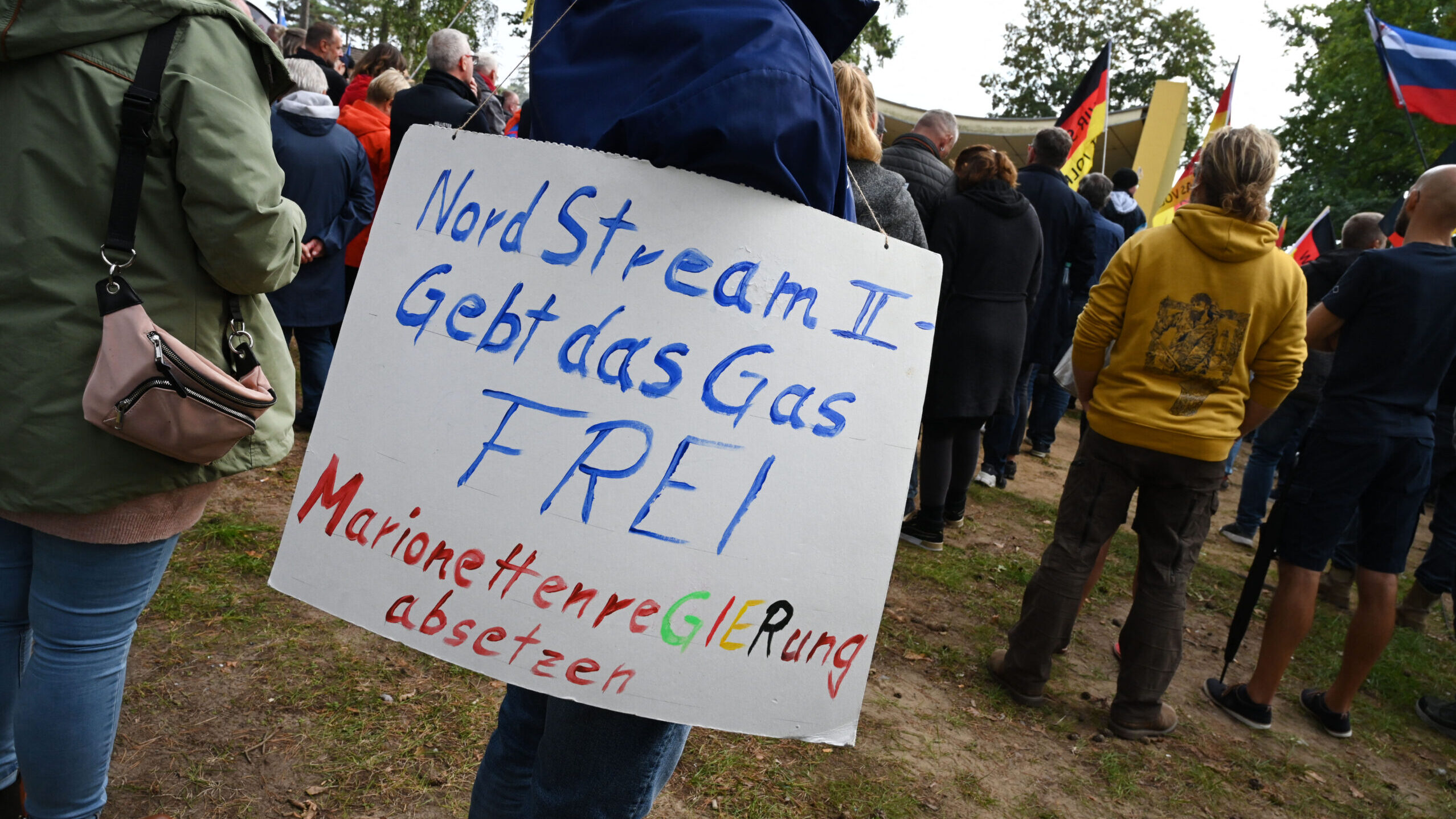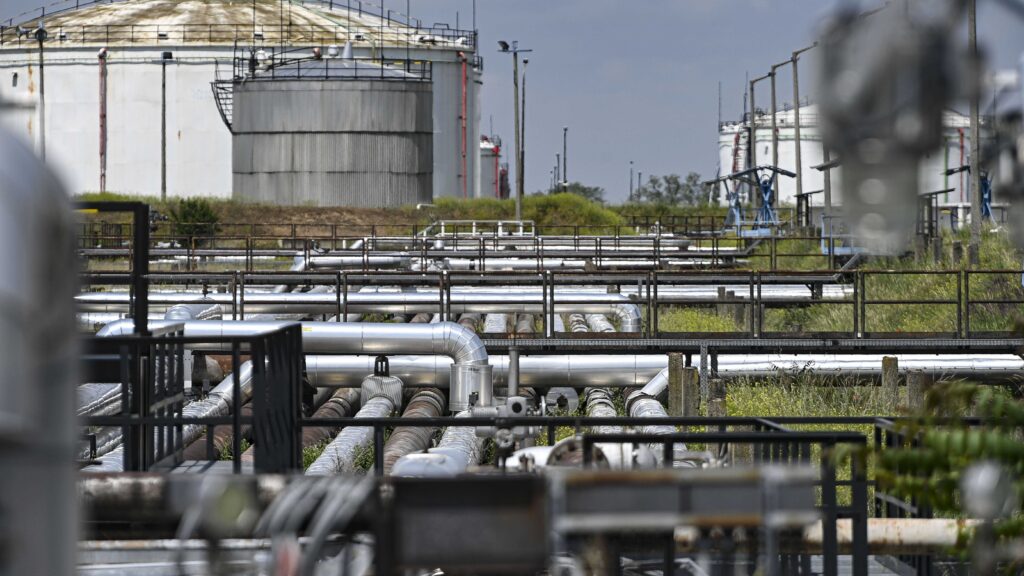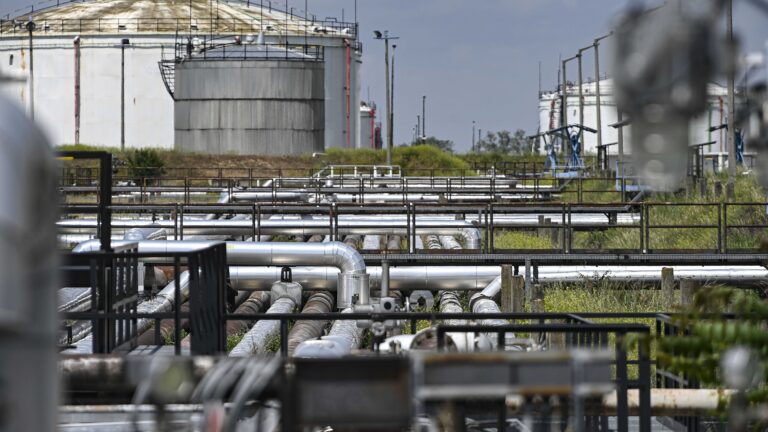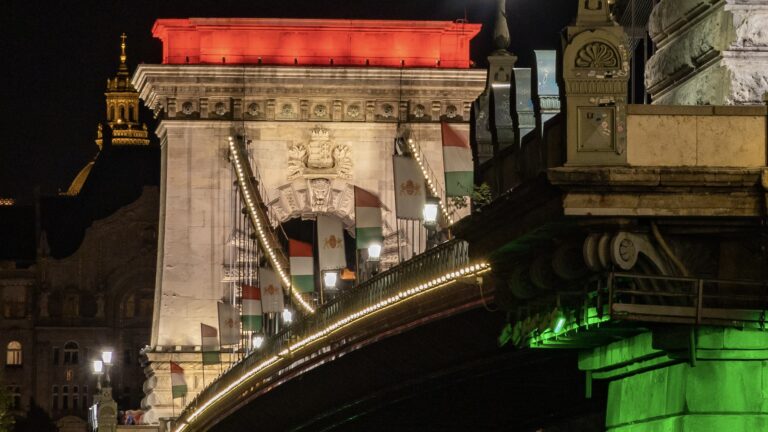A new survey by the Hungarian think tank Századvég Institute shows that nearly two-thirds of Europeans are troubled by the fact that, three years after the Nord Stream explosions, no perpetrator has been identified in what many consider one of the most serious attacks ever carried out against the EU’s critical infrastructure.
The protracted investigation has fuelled politically motivated speculation across the continent, leaving EU citizens sharply divided over who they believe was responsible. Among respondents who expressed an opinion, half said Russia blew up the pipeline, 21 per cent pointed to the United States, while 19 per cent blamed Ukraine.
Tensions surrounding the Nord Stream case have reignited in recent weeks. Polish Prime Minister Donald Tusk stated that the real problem was not that the pipeline was destroyed but that it had been built in the first place. Days later, a Polish court rejected Germany’s extradition request and released the main suspect.
Based Hungary 🇭🇺 on X (formerly Twitter): “🇪🇺🇵🇱 They’ve stopped hiding who has blown up the Nord Stream Pipeline:”The problem with Nord Stream 2 is not that it was blown up. The problem is that it was built.”-Prime Minister of Poland, Donald Tusk pic.twitter.com/Rjt4D5SdPo / X”
🇪🇺🇵🇱 They’ve stopped hiding who has blown up the Nord Stream Pipeline:”The problem with Nord Stream 2 is not that it was blown up. The problem is that it was built.”-Prime Minister of Poland, Donald Tusk pic.twitter.com/Rjt4D5SdPo
While Tusk indicated the matter should now be considered closed, commentators across Europe—including in Hungary—criticized the decision. The situation escalated further when Poland’s foreign minister publicly voiced hope that Ukraine would ‘finally destroy’ the Druzhba oil pipeline supplying Hungary and Slovakia.
The unresolved case remains a heavy political burden not only for Germany but for the entire EU. Once seen as a pillar of Europe’s economic model—linking cheap eastern resources with advanced western technology—the pipeline has since become a symbol of the bloc’s inability to respond decisively.
Germany, Sweden and Denmark all opened investigations, but only the German inquiry remains active, and it has been repeatedly accused of deliberate delays. After Germany’s recent change of government, expectations rose that the investigation would accelerate, yet developments in Poland have once again brought it to a halt.
Zoltan Kovacs on X (formerly Twitter): “❗️@Szazadveg: Nearly two-thirds of Europeans say it is unacceptable that no one has been held accountable for the historic sabotage of the Nord Stream pipeline. The endlessly delayed investigation has become a symbol of the EU’s inability to protect its own critical… pic.twitter.com/XFK6UMVD4z / X”
❗️@Szazadveg: Nearly two-thirds of Europeans say it is unacceptable that no one has been held accountable for the historic sabotage of the Nord Stream pipeline. The endlessly delayed investigation has become a symbol of the EU’s inability to protect its own critical… pic.twitter.com/XFK6UMVD4z
According to Századvég’s Europe Project, 63 per cent of Europeans say they are concerned about the lack of results. With the exception of Finland, every EU member state has a relative or absolute majority who find the absence of accountability unacceptable. In Poland, this share is 61 per cent, signalling that Tusk’s approach contradicts the expectations of his own electorate.
Germany and Hungary recorded the lowest proportion of respondents with no opinion, indicating that both societies have followed the case most closely. Dissatisfaction reached 71 per cent in Germany and 74 per cent in Hungary.
‘Dissatisfaction reached 71 per cent in Germany and 74 per cent in Hungary’
The vacuum of verified information has opened the door to a wide array of competing narratives. Initial media coverage heavily suggested Russian responsibility, but as analysts noted that Moscow had little to gain, these claims lost traction. Later, resurfaced remarks by US officials and various investigative reports shifted suspicion toward Washington, though no official body has substantiated this theory. The currently prevalent explanation points to a mixed group of Ukrainian civilians and soldiers, although accounts differ on the extent of involvement by the Ukrainian leadership.
This confusion has allowed well-timed publications to shape public opinion in different directions, often reflecting political interests rather than emerging evidence. As a result, Europeans remain deeply divided. According to the survey, Russia is blamed by a majority of those with an opinion in Poland, the Baltic states and Scandinavia. In five EU countries, at least a relative majority of citizens suspect the United States. Notably, no member state shows dominance for the theory—frequently referenced in recent months—that a Ukrainian group carried out the attack.
Related articles:







